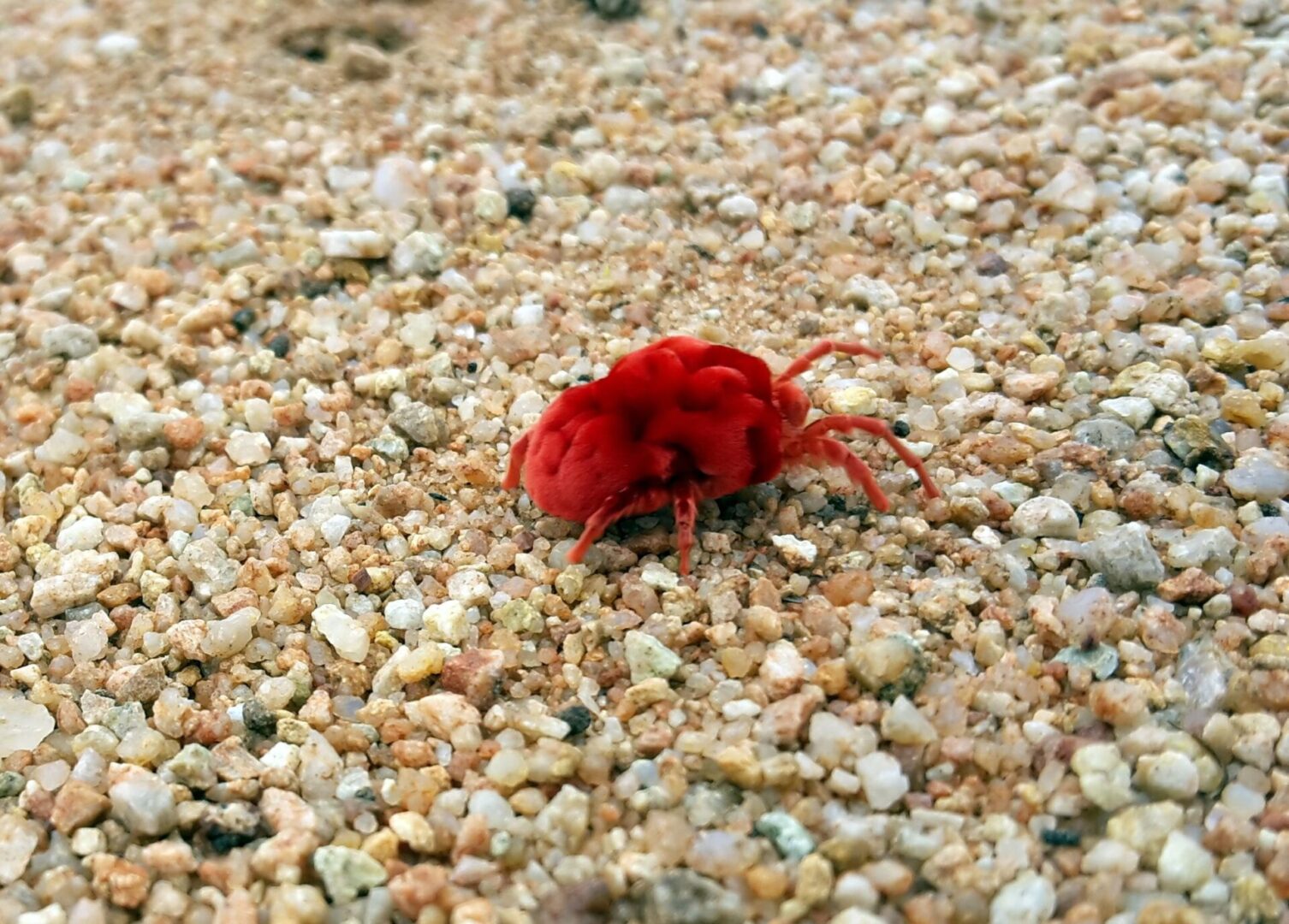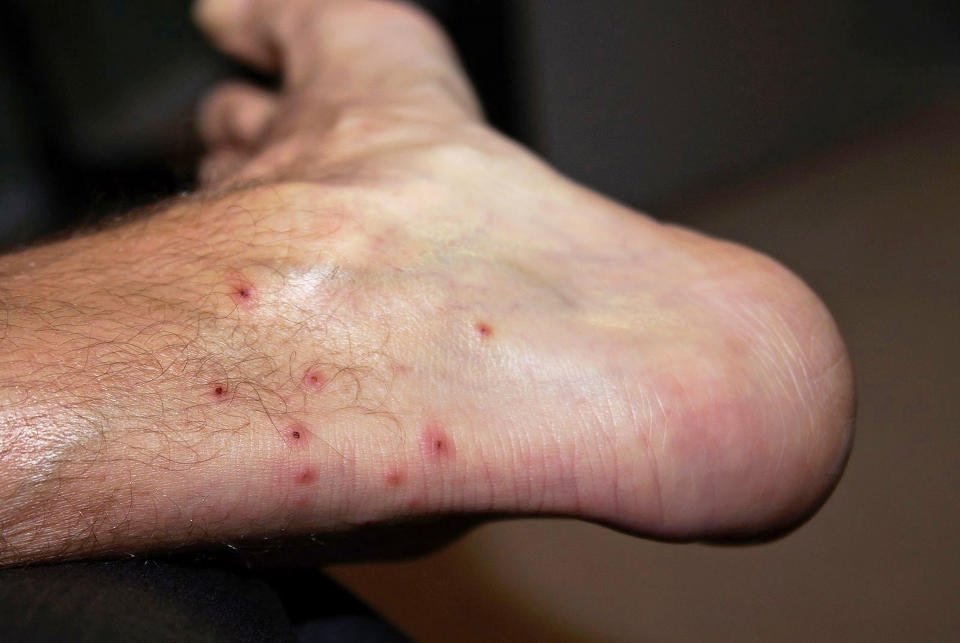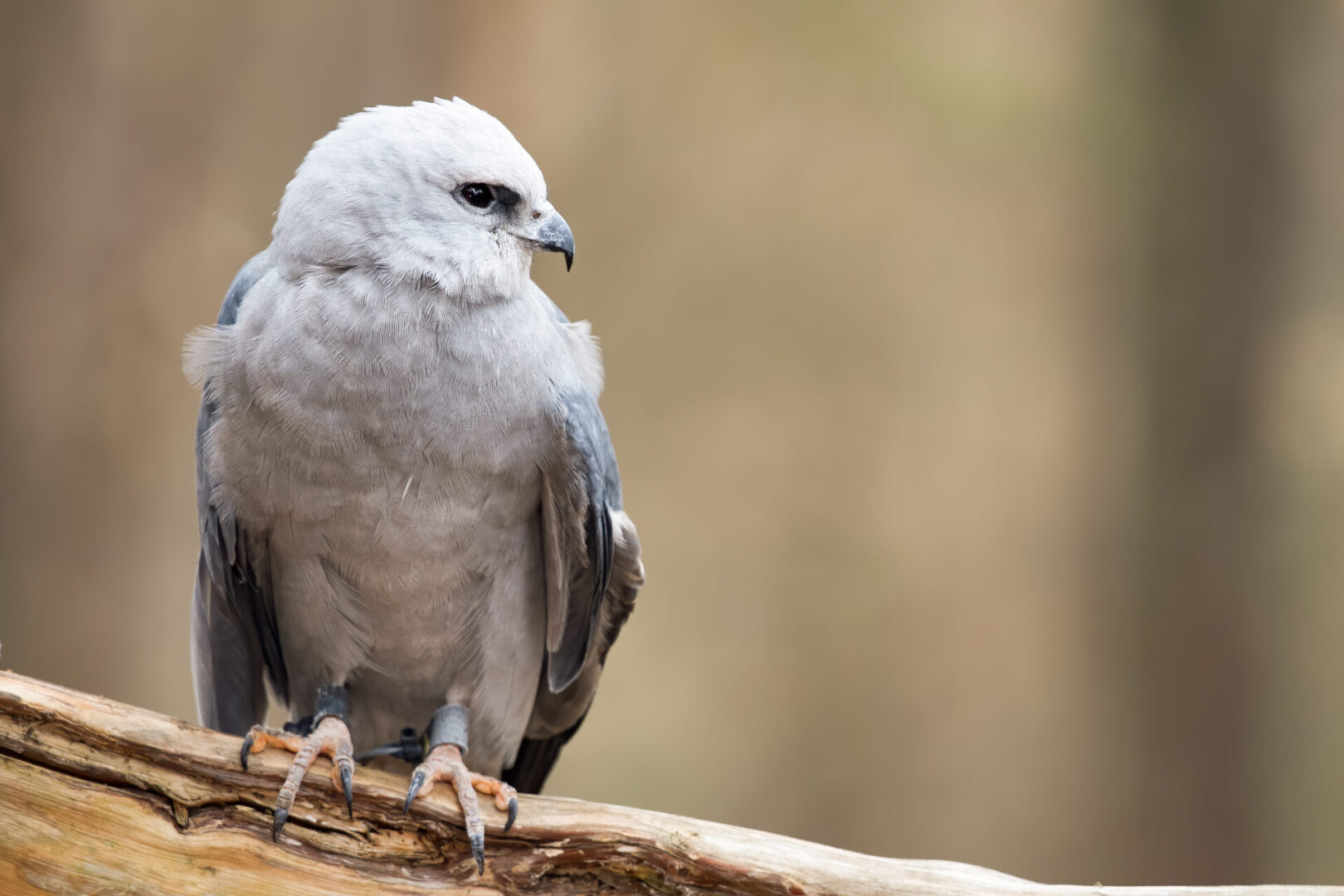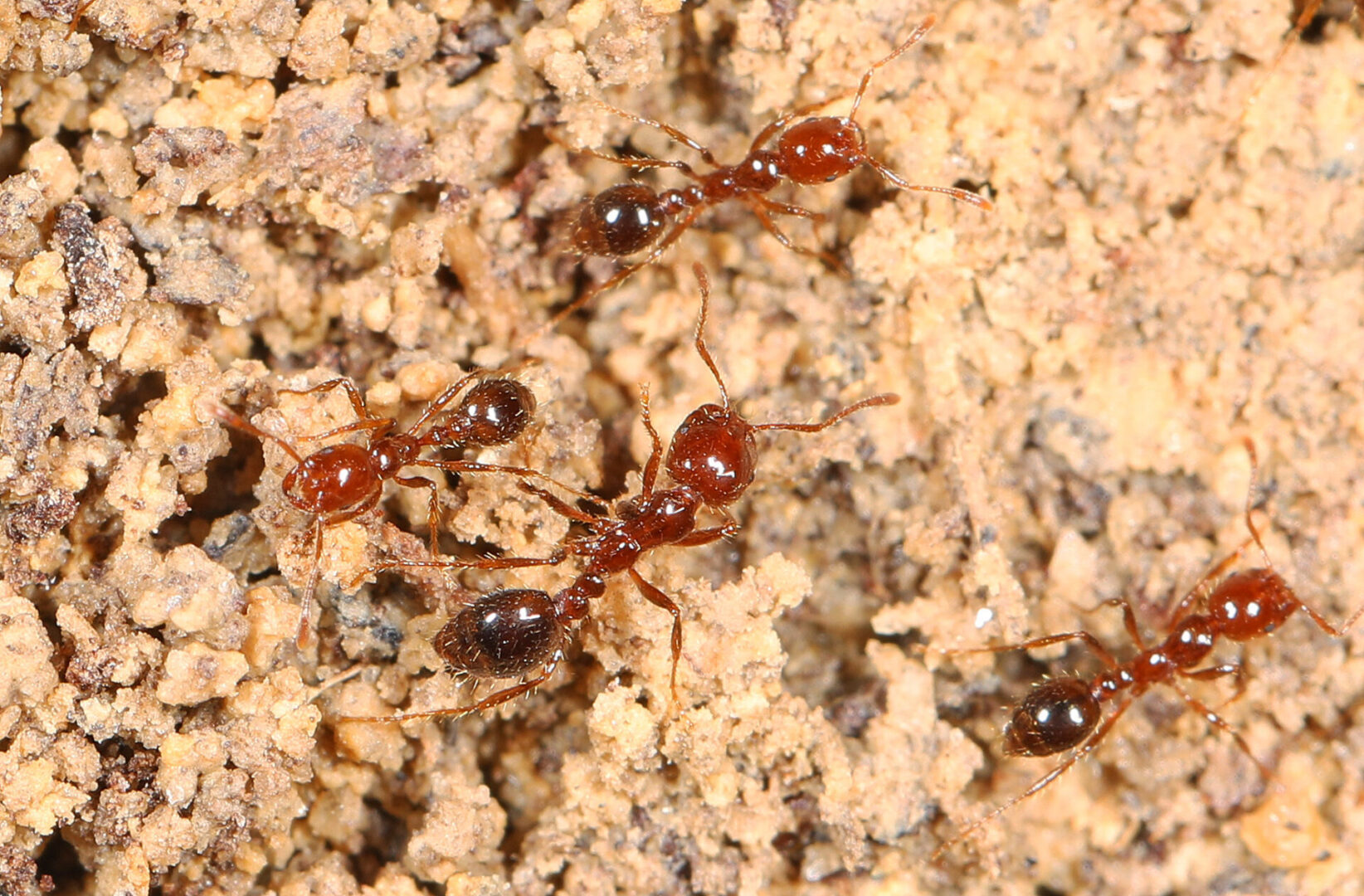 Beating the Bite: Navigating the Threat of Chiggers
Beating the Bite: Navigating the Threat of Chiggers
Chiggers. They are almost impossible to see with the naked eye and can make your day in the woods very unpleasant. They can take itchiness to a whole new level and the discomfort can last for days. They eat skin cells and tissue and can create a nasty skin reaction. This is caused by their saliva. They bite and inject their saliva into the skin. The saliva breaks down the tissue and helps digest the cells and tissue. Humans are not the only species that are affected by these annoying little creatures. They also feed on domestic and wild animals, including birds, reptiles and some amphibians.

What exactly are chiggers? They are the immature stage of mites belonging to the Trombiculidae family. These parasitic larvae live on or under the skin of warm-blooded animals. They attach to your clothing and move to areas where your skin and clothing have close contact. Examples of their favorite places are sock lines, waistbands, bra lines, behind the knees and groin. They stay on your skin for 1 or 2 days and then drop off. Rarely does a single chigger attach itself to skin. They tend to latch in groups. If by chance a single chigger bites you, you may have difficulty distinguishing it from a mosquito bite. After dropping off, they develop into nymphs and adults and are no longer parasitic.
There are several species of chiggers in Texas but there are only 2 that are biters. They are found in overgrown grasses and weeds in forests, orchards, parks, along lakes and streams and even in vacant lots with overgrown grass and weeds. They are less common in maintained landscapes.
You can protect yourself against chiggers. Although it gets extremely hot in our area, wear long pants and long-sleeved shirts. Wear shoes or boots—no flip flops or open-toed sandals. Tuck your pants in your boots and keep your cuffs and collars buttoned. Use insect repellents that contain DEET (N, N-diethyl-meta-toluamide or diethyltoluamide). You should apply this not only to your skin but also around the tops of your boots, around the cuffs and waistband. Another option for clothing is products that contain permethrin (like Permanone Tick Repellent). These products are for clothing only and cannot be applied to your skin.

Everyone responds differently to bug bites but here are some suggestions that may help if you’ve been exposed to chiggers. As soon as you get home, take a warm, sudsy shower or bath. Vigorously scrub your skin which will dislodge any mites that have just lodged on you. Try some anti-itch cream on the bites. Oral antihistamines such as Benadryl also work well. I know it’s hard but try not to scratch especially if the bite has formed a pustule. Scratching may open the bite and cause an infection.
Chigger bites should heal on their own but if you’re still suffering after a couple of days, go see your doctor.
Don’t let this nasty little bug keep you from enjoying nature. Get outside, soak up the sun, listen to the birds and relax. In the words of Aristotle, “In all things of nature, there is something of the marvelous.”






